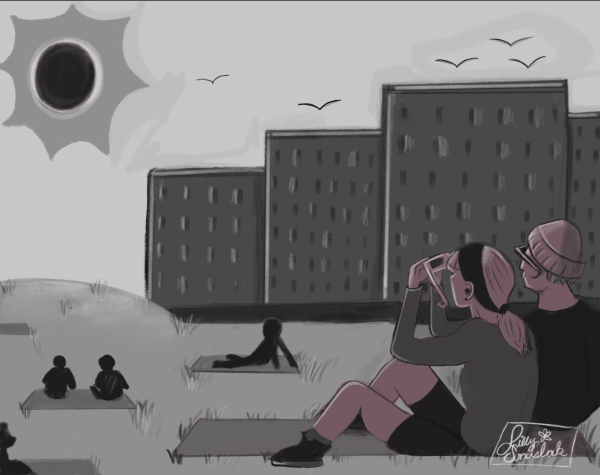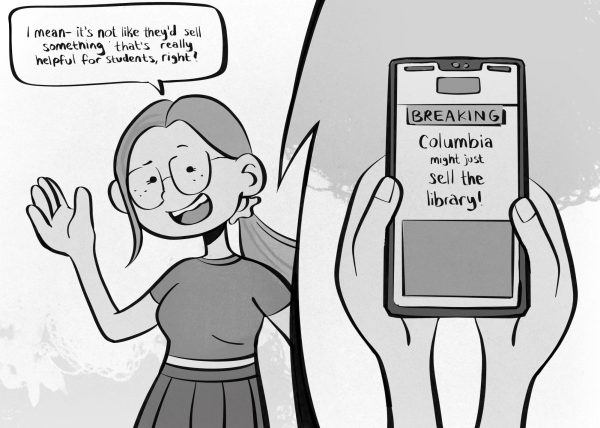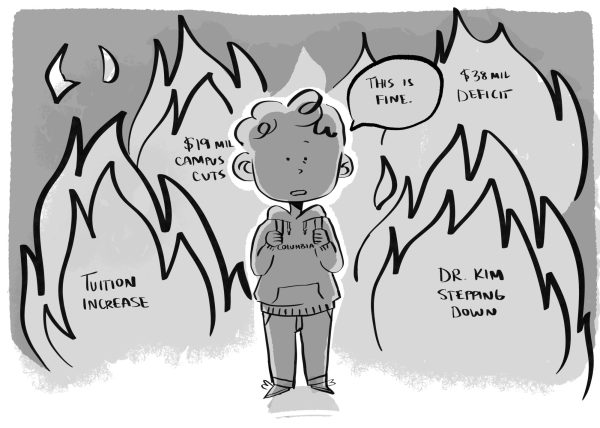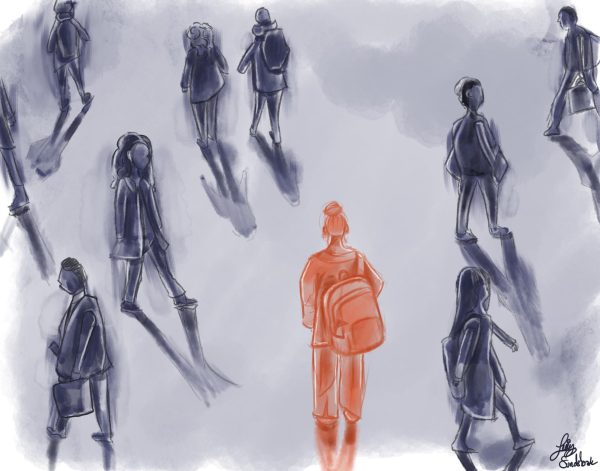Columbia needs a collegewide attendance policy
April 17, 2017
The well-known three-Columbia-class-absence rule of many departments more than likely gets a few groans from students. However, inconsistencies exposed in Columbia’s attendance policy have opened up a much-needed conversation.
According to this legendary policy, if students miss more than three classes a semester, a professor theoretically has the right to fail them from the course. However, many students are unaware that this is not a collegewide policy. In reality, Columbia lets professors decide how much weight to give attendance, and faculty members are “encouraged to check for specific departmental attendance policies,” according to the faculty handbook.
Despite the amount of discretion professors are supposed to have over attendance, the administration stands accused of overriding an adjunct professor’s decision to fail a student who missed 10 of 15 classes, as reported April 10 by The Chronicle. Adjunct in the Creative Writing Department Marcia Brenner said she was asked to change the grade to passing and refused. According to Brenner, she was informed the administration would find another professor to grade the work. Three other adjuncts have been asked to change grades for dubious reasons, Diana Vallera, part-time faculty union president and adjunct professor in the Photography Department, told The Chronicle.
Why these students did not attend classes is unknown because of privacy laws, and there are valid reasons why students miss classes including mental illness, family emergencies and health problems. Many teachers are aware of this and work with students to provide leniency and support if needed.
Even though such discretion is admirable, Columbia must address the ineffectiveness of its current attendance policies or lack thereof. A collegewide, consistent attendance policy would be beneficial for all students and teachers. For the students who skip class because the material is too easy for them, test-out options for introductory level courses should be available so they are not penalized or forced to waste money on unchallenging classes.
With a collegewide policy that keeps attendance and participation at a high standard, students who skip class for no reason should face consequences. Columbia’s classes are significantly smaller than large universities, which means participation and attendance is vital to how students learn and interact with their peers.
At larger universities, it’s easy to skip class and still pass. Columbia is not set up for that kind of learning. Administrators need to remember that Columbia is a hands-on, private college with students who typically come here knowing exactly what they’d like to do. By not acknowledging the students who show up and do their work, it shows those students are not valued.
Columbia’s retention rates may be low, but that doesn’t mean the students who are still here following shaky policies deserve to be put in a class with those who don’t show up and get away with it.

















